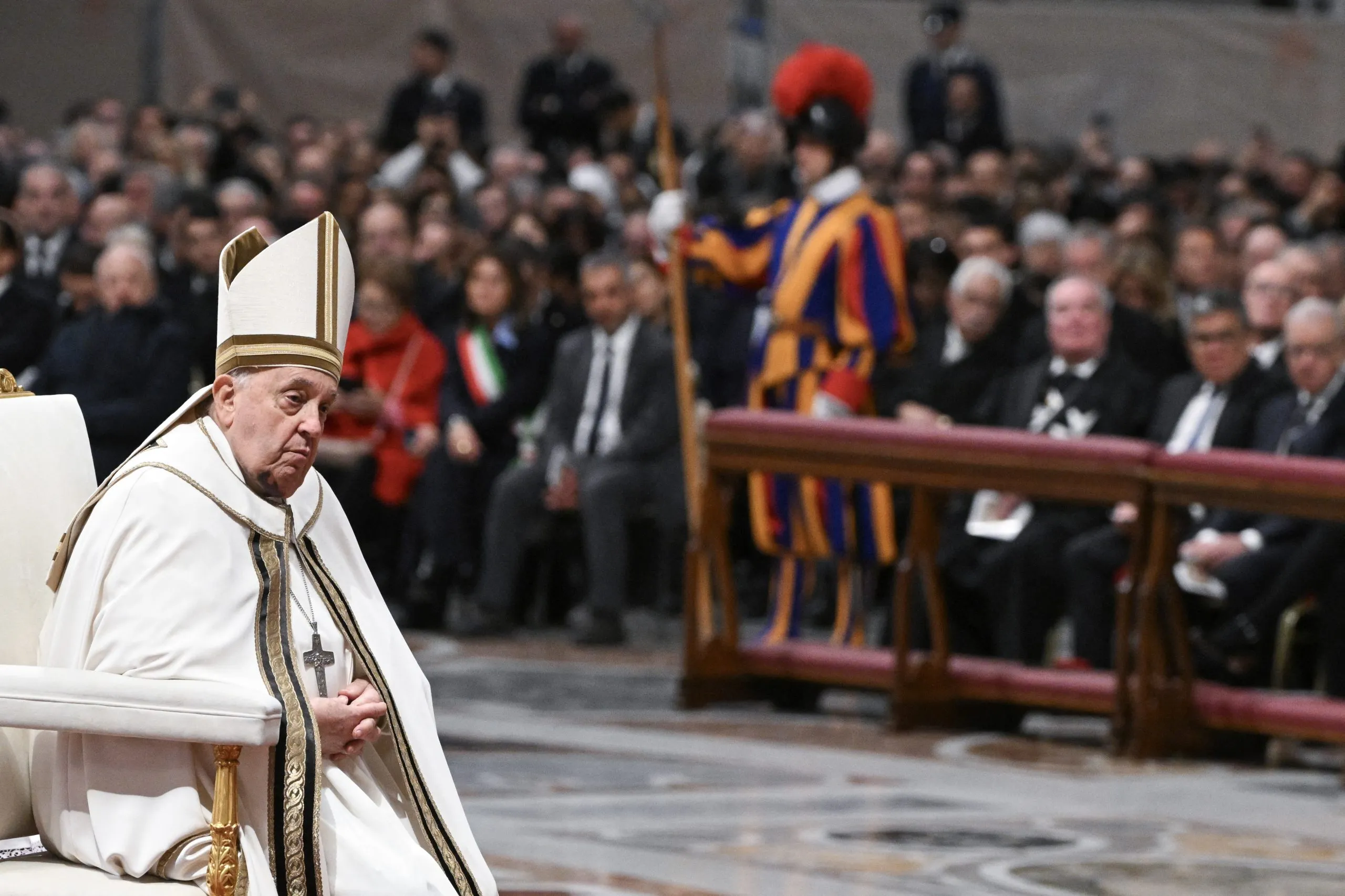Pope Francis Shocks the World: What His Latest Comments Mean for the Future
In a stunning turn of events, Pope Francis has once again captured global attention with his groundbreaking comments on LGBTQ+ rights, challenging long-standing traditional Catholic teachings and signaling a potentially transformative moment for the Catholic Church. The pontiff’s recent statements have sent ripples of both excitement and controversy through religious and social circles worldwide.
A Pastoral Approach to Inclusion
Pope Francis has consistently demonstrated a unique approach to addressing sensitive social issues, particularly those surrounding sexual orientation and gender identity. His latest comments represent a continuation of his pastoral mission to embrace marginalized communities, emphasizing compassion and understanding over rigid doctrinal interpretations.
Key Revelations
The Pope’s recent statements build upon his now-famous 2013 declaration, “Who am I to judge?” – a pivotal moment that signaled a significant shift in the Church’s approach to LGBTQ+ individuals. This latest commentary goes even further, highlighting several crucial points:
- Support for Civil Unions: Reaffirming his previous stance that same-sex couples deserve legal protections
- Condemnation of Criminalization: Strongly speaking out against laws that marginalize LGBTQ+ individuals
- Emphasis on Pastoral Care: Urging the Church to accompany and support diverse sexual orientations
Breaking Down Barriers
The Pope’s approach represents a nuanced and compassionate interpretation of Catholic social teaching. While maintaining traditional theological perspectives, he has consistently advocated for a more inclusive understanding of human dignity and love.
Theological Implications
Pope Francis has carefully navigated the complex terrain of theological doctrine and contemporary social understanding. His comments suggest a profound reinterpretation of pastoral care, emphasizing:
- Respect for individual human experiences
- Rejection of discriminatory practices
- Promotion of legal protections for marginalized communities
Global Reactions
The international community has responded with a mix of enthusiasm and skepticism. LGBTQ+ activists have cautiously welcomed the Pope’s statements, while conservative church leaders have expressed concern about potential doctrinal shifts.
Unprecedented Engagement
The pontiff’s willingness to meet privately with LGBTQ+ individuals and activists demonstrates an unprecedented level of openness within the Vatican. These personal interactions have humanized complex theological discussions, bringing empathy to the forefront of religious dialogue.
Cultural Significance
Pope Francis’s comments extend beyond religious discourse, reflecting broader societal changes in understanding gender, sexuality, and human rights. His approach represents a significant departure from previous papal communications, signaling a potentially transformative moment for global Catholicism.
Critical Perspectives
While supportive of legal protections, the Pope has maintained a nuanced stance on gender theory, describing it as “ideological colonization” and expressing concerns about its broader societal implications.
Looking Forward
The implications of these comments are profound. They suggest a potential realignment of Catholic social teaching, emphasizing:
- Compassion over condemnation
- Legal protections for marginalized communities
- A more inclusive interpretation of pastoral care
Future Implications
Experts suggest these statements could significantly influence upcoming synods and global discussions about LGBTQ+ rights within religious institutions.
Conclusion
Pope Francis continues to challenge traditional narratives, presenting a vision of Catholicism that prioritizes human dignity, compassion, and understanding. His latest comments are not just a statement, but a potential roadmap for a more inclusive religious future.
While controversy remains, one thing is clear: the Catholic Church is experiencing a moment of profound transformation.
Disclaimer: This article represents an analysis of recent statements and should not be considered official Vatican doctrine.






Leave a Comment